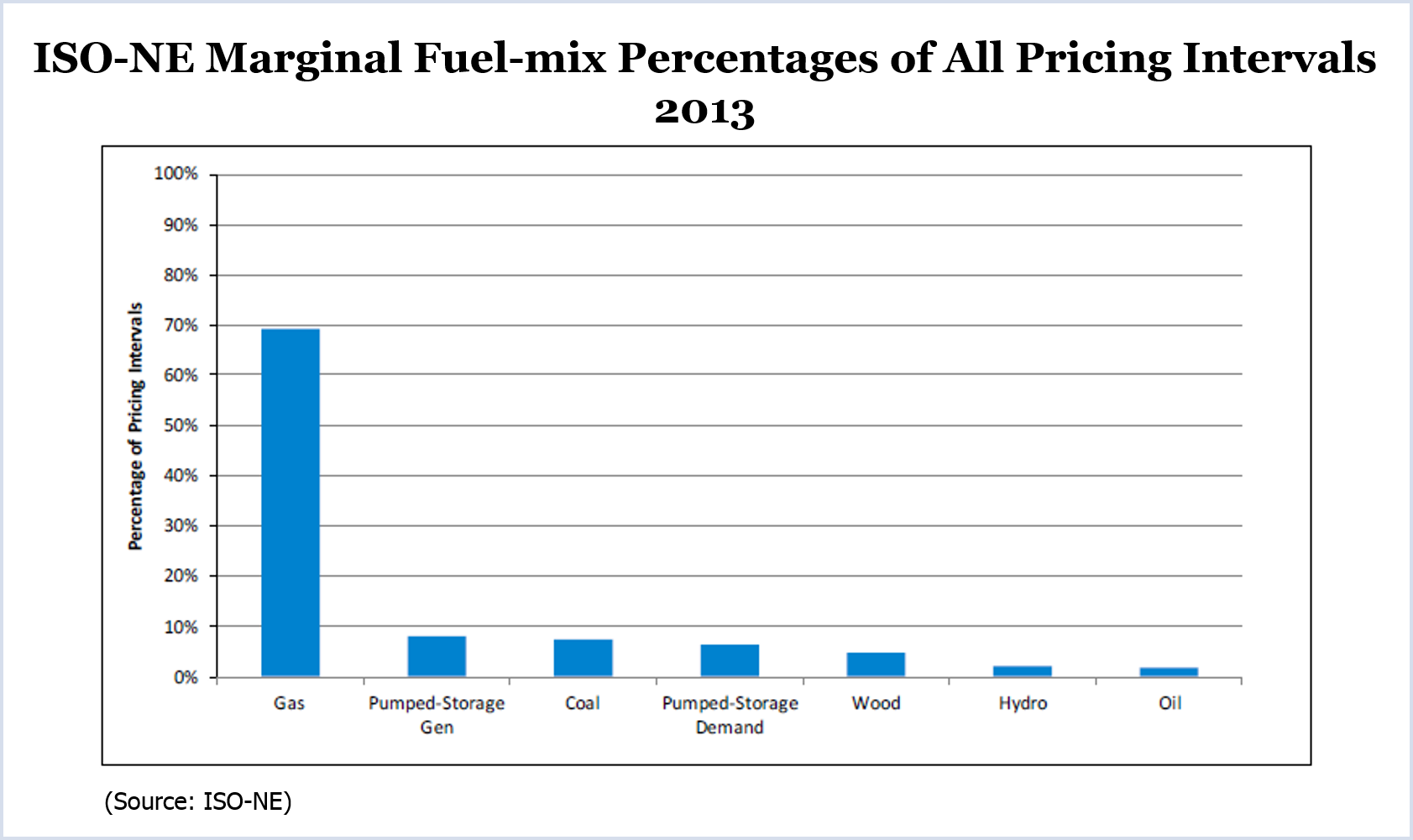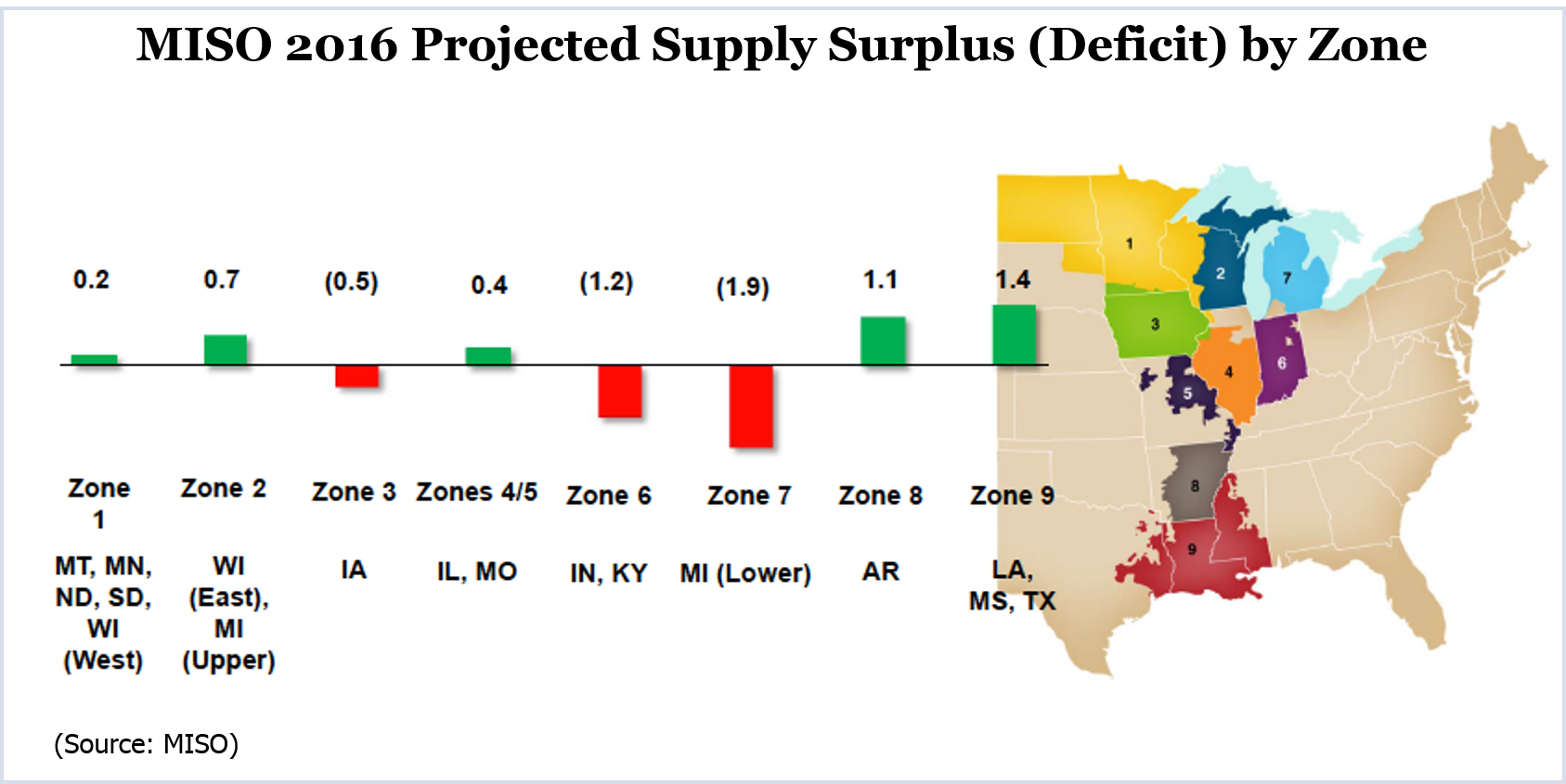
The Street reported last week that the New Jersey company was outbid for Pepco Holdings Inc. by Exelon. Quoting unnamed sources, it said PSEG later approached PPL about a merger but was rebuffed.
PSEG’s leadership is frustrated that it has been unable to get a deal done, one source said. Unfortunately, according to the source, “their peer group is getting smaller and smaller so the question becomes: who is left for them to merge with?” A proposed merger between PSEG and Exelon was scrapped in 2006. The report listed several other possible candidates for PSEG, including Consolidated Edison, FirstEnergy, Dominion Resources and American Electric Power.
More: The Street
FirstEnergy, AEP Request Subsidies from PUCO
FirstEnergy and American Electric Power are seeking Ohio ratepayer subsidies for their aging coal-fired power plants.
FE is trying any way it can to improve its finances, according to a report by the Institute for Energy Economics and Financial Analysis. The company is “turning to regulatory capture and ratepayer bailouts as it struggles to reverse a deepening spiral of debt service and revenue declines.” The report blames much of the company’s problems on its acquisition of Allegheny Power and an ill-fated gamble on coal-fired generation.
It said FE’s investments started losing their luster as natural gas prices fell and alternative energy sources gained market momentum. In response, according to the IEEFA, FE turned to federal subsidies and lobbying efforts at the state level. The company is pushing for guaranteed income at its merchant plants, a request currently before the Public Utilities Commission of Ohio.
Meanwhile, AEP has asked PUCO to allow it to charge ratepayers for the cost of running its plants if market prices are too low. It would mean a monthly charge of about $2 per household if approved. AEP says that ratepayers would eventually see savings within 10 years.
AEP identified four plants that require the subsidies to keep operating: the 1,149-MW Conesville plant, the 600-MW Stuart plant, the 592-MW Cardinal plant and the 330-MW Zimmer plant.
Environmentalists are opposed to the schemes. “Your family shouldn’t have to pay more for dirty energy from outdated coal plants,” says one of the Sierra Club’s media campaigns.
More: FierceEnergy; The Columbus Dispatch
Cove Point Owners Launch $350M IPO

Cove Point, an existing liquefied natural gas import plant, recently received Federal Energy Regulatory Commission approval to construct a liquefaction and export plant on the site. The $3.8 billion plant is scheduled to be in operation by June 2017. In addition to the plant, Dominion Midstream will own 136 miles of natural gas pipeline linking the plant to interstate pipelines.
The IPO is for 17.5 million shares, representing about 27.4% of Dominion Midstream, which will list under the ticker DM. Shares are expected to be priced in the range of $19 to $21. Underwriters will have an option to buy an additional 2.65 million shares at the IPO price.
More: Richmond Times-Dispatch
FERC Cove Point Approval Spurs More Protests
Protesters gathered outside Dominion’s Cove Point LNG plant just days after the Federal Energy Regulatory Commission approved plans to build a $3.8 million export facility at the site in Maryland. Construction is expected to begin immediately.
Protesters vowed the fight was not over, despite FERC approval. “It’s not a done deal; it’s merely the beginning of a new chapter,” one demonstrator said. Mike Tidwell, Chesapeake Climate Action Network director, faulted FERC’s review as “secretive and detached” and said the regulatory approval process was “rigged.” Another environmental group, EarthJustice, has promised to appeal FERC’s ruling.
More: Southern Maryland News
FE Wants to Allow Industrials to Opt Out of Energy Efficiency
FirstEnergy wants to allow its Ohio industrial customers to opt out of state-mandated energy-efficiency programs in the first big challenge to the state’s efficiency laws since legislators passed a law in June freezing the five-year-old program while it is under review. That law also allows utilities to amend programs.
FirstEnergy executive William Ridmann said the energy-efficiency mandates cost businesses and consumers about $1 billion in temporary rate increases and said efficiency efforts should be “customer driven.” If the Public Utilities Commission of Ohio approves FirstEnergy’s plan, its largest customers could drop out of programs as early as Jan. 1.
More: The Cleveland Plain Dealer
TVA Refuels Browns Ferry 1, Oldest Reactor in Fleet

Unit 1 at the Browns Ferry Nuclear Plant should remain down for refueling and maintenance for about a month, TVA said. An estimated 2,250 workers will be involved in the outage. The reactor, located on the Tennessee River near Athens, Ala., went into service in 1974.
The Nuclear Regulatory Commission in 2006 extended the operating licenses for all three Browns Ferry reactors for 20 years.
More: Chattanooga Times Free Press
New 175-MW Wind Project Starts Outside of Chicago
A new wind farm that already has a 20-year contract with Microsoft is under construction about 60 miles outside of Chicago.
EDF Renewable Energy, a subsidiary of the French Electricite de France, owns 96% of the Pilot Hill Wind Project on the border of Kankakee and Iroquois counties. The plant’s output is under contract to Microsoft, which has an energy-gobbling data center near Chicago. EDF says the plant should be in operation by next year.
More: Chicago Tribune (subscription required)
Court Rules Even Non-Customers Must Pay for AEP Shortfall
The Ohio Supreme Court decided that customers who switched from American Electric Power to third-party suppliers must help the utility to pay a $36 million transmission shortfall.
The ruling upholds a 2012 decision by the Public Utilities Commission of Ohio that said all AEP customers would foot the bill for interstate delivery of electricity. An industrial users group had challenged the PUCO ruling.
More: Energy Central
PPL Energy Plus Wins 3-Year Federal Energy Bid
PPL Energy Plus, the retail marketing subsidiary of PPL, was awarded a three-year contract to supply electricity to federal prisons, hospitals and office buildings in central and eastern Pennsylvania. The contract requires 10% of the electricity to be from renewable sources.
More: Energy Central
ComEd Launches DM Program in Illinois
Commonwealth Edison launched its Peak Time Savings program last week, enabling customers to get credit for reducing their energy consumption during peak hours.
The Chicago utility is installing 4 million smart meters over the next four years, allowing customers to earn $1 credits for each kilowatt hour shaved during peak hours. The conservation events typically occur three to five afternoons during the summer.
The program is available only to customers who have ComEd as their energy delivery provider, who are not currently participating in the company’s air-conditioning-cycling program and are not net metering customers.
More: MarketWatch
Entergy Asks to Consolidate Its Louisiana Utilities
Entergy Louisiana and Entergy Gulf States Louisiana are asking the Louisiana Public Service Commission for permission to consolidate into one entity.
Entergy officials say it would help the companies make more infrastructure investments and ultimately benefit customers. The region is experiencing increased economic growth, and the companies expect an increase of up to 1,900 MW of industrial load by 2019. The company says consolidation could produce up to $128 million in customer benefits.
More: FierceEnergy
NRG Buys Solar Company to Boost Renewables
NRG Energy, expanding its residential solar business, paid an undisclosed sum for Pure Energies Group, a solar installer with headquarters in Toronto and San Francisco. NRG bought Roof Diagnostics Solar in April and acquired GoalZero, a portable power generator, in August. A recent report ranked NRG as the sixth-largest U.S. residential solar installer.
More: Greentech Media




